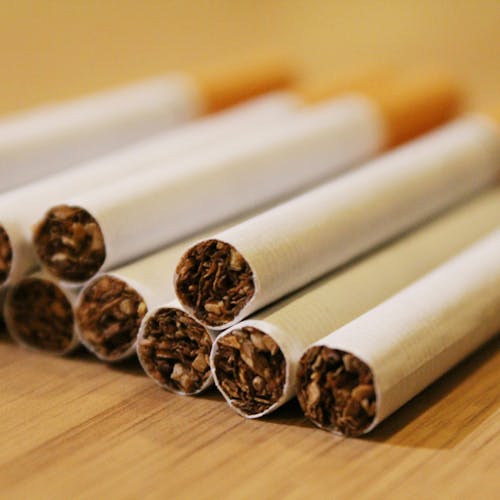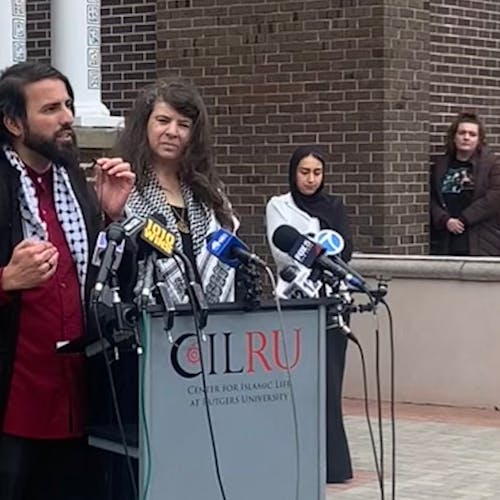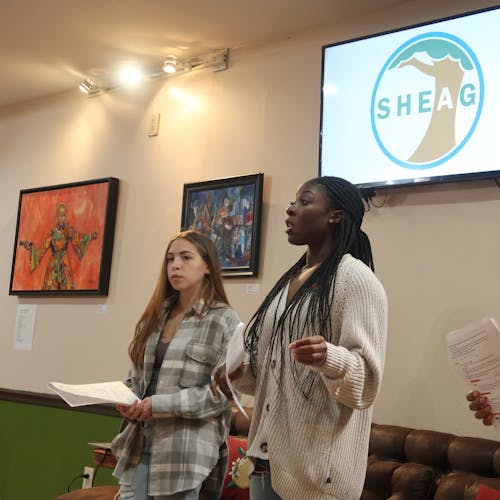University produces three scholars from prestigious scholarships

After failing to hear back from his program director for some time, Matthew Cortland became convinced that he had not been awarded one of 18 spots for the prestigious Luce Scholarship. Then the phone rang.
“It’s the most exciting thing that’s ever happened to me,” said Cortland, a University alumnus.
The Luce Scholarship, a paid internship that enables recipients to spend a year working somewhere in South or East Asia, is awarded to 15 to18 applicants nationwide per year, said Arthur D. Casciato, director of the Office of Distinguished Fellowships at the University.
Cortland is the University’s first-ever Luce scholar, he said.
“The Luce Scholarship is a wonderful opportunity for cultural exchange and career advancement, and I couldn’t be happier that Matt Cortland is the first Rutgers student to experience that,” Casciato said.
Cortland said he first applied for the Luce Scholarship when he was a senior at the University, but was not accepted. While involved in social entrepreneurship, he said his interests were not defined clearly enough.
“I think it made me a weaker candidate,” he said.
But he said the experience also made him determined to apply again after he focused his goals.
“Matt’s a good example of someone in what are very, very demanding competitions, who kept on trying and whose efforts have finally paid off,” Casciato said. “Now he has this wonderful success.”
Two other University students — Kelvin Mei and Devinn Lambert — were awarded the Gates Cambridge Scholarship, which allows scholars to attend graduate school at Cambridge University in England.
The University has the third highest number of Gates Cambridge Scholars in the country and is the only state university in the country with two winners, Casciato said.
Mei, a School of Arts and Sciences senior, was accepted into the research-intensive one-year masters program, which will focus on physics.
Mei, along with Lambert, a School of Environmental and Biological Sciences senior, are two of 39 students awarded the scholarship this year in the nation.
“There are 39 scholars out of 83 finalists out of 769 who applied,” Casciato said. “Two of those were from Rutgers.”
Though the scholarship accepts students from any degree, chances increase with applicants boasting above average grades and who display promising accomplishments that suggest they will become leaders in their field of study, Casciato said.
“[Lambert and Mei] both have extensive records of research and extensive international experience,” Casciato said.
Mei worked in the University’s physics lab for three years researching high energy physics, what he calls frontier physics. He compares statistics, theories and current models against data produced by CERN’s Hadron Collider located in Geneva, Switzerland.
Mei said he would focus more on building and improving hardware during his time at Cambridge, specifically working to improve the accuracy of tools that detect energy deposits caused when collider spewed out energy.
“It was very nice to have that affirmation, that all the research you’ve done — people recognize it,” Mei said.
The University also has the highest number of Gates Cambridge Scholars in the Big Ten, he said.
Casciato said eight University students were awarded a Gates Cambridge Scholarship since it was established in 2000 to 2001. Seven of those students received the scholarship after the Office of Distinguished Fellowships was created in 2007.
The Office of Distinguished Fellowships encourages students to apply for nationally competitive fellowships and scholarships.
Casciato said part of his job is to help guide students through the application process over time.
“I’ve been talking to Devinn Lambert since she was a freshman,” he said.
Lambert said she started meeting with Casciato in early September as she began drafting her application to Cambridge. Casciato challenged her writing and her ideas so she could share her story at its best.
She met with him one-on-one for writing sessions and critiques while she applied for multiple fellowships, she said.
Lambert said she is attending a one-year research program focusing on making algae more suitable for biofuel development.
“I wouldn’t be able to go to [Cambridge] without the award,” Lambert said.
The opportunity to go to Cambridge gives her more biochemical experience and time in new laboratory settings as well as allowing her to connect with other scholars.
Meeting the international faculty and scholars will provide not just networking but a life lesson, she said.
Cortland said the Luce Scholarship is his first choice of what to do after completing Teach For America, a teaching program for underprivileged schools.
“Right after college I decided to do TFA, which didn’t have anything to do with my majors,” he said.
The Luce Scholarship is not a study-based scholarship but a paid internship, Cortland said, and the point of the award is to become a global citizen and use the experience to expand learning opportunities by using technology.
Teach for America gave him the practical application of skills he was developing at the University. Part of that meant learning to care about his students and their futures, he said.
“I care about my kids and therefore I care about their education,” he said.
Cortland said he enjoys working with and designing innovative technology to be used for education and hopes to work for a technology firm. He would like to use his time to go abroad to gain exposure with a company that helps students learn using different technology platforms.
Cortland said the Henry Luce Foundation works closely with Luce Scholarship recipients to place them in a country they find interesting. The foundation places recipients so they can study the language before entering into a nine- to 10-month internship.
“It makes me happy that I went through public education from grade school to now,” he said. “I didn’t have to go to an Ivy League university.”
Mei said he would return to the United States for his Ph.D after earning his masters degree. He plans to continue working in physics, and Cambridge’s alumni network will give him an advantage in the field.
“There’s a community that you can go back to if you have a new idea or need someone to collaborate with,” he said.



